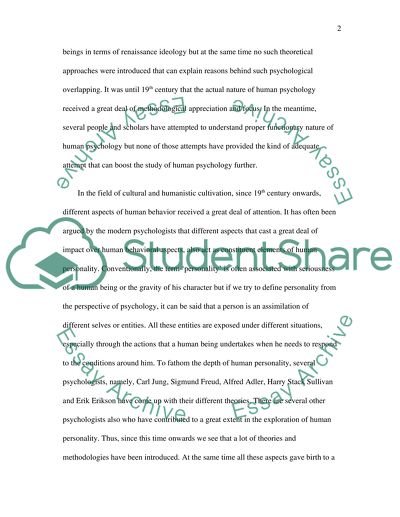Cite this document
(“Theories of Human Behavior Essay Example | Topics and Well Written Essays - 4500 words”, n.d.)
Retrieved from https://studentshare.org/psychology/1518273-theories-of-human-behavior
Retrieved from https://studentshare.org/psychology/1518273-theories-of-human-behavior
(Theories of Human Behavior Essay Example | Topics and Well Written Essays - 4500 Words)
https://studentshare.org/psychology/1518273-theories-of-human-behavior.
https://studentshare.org/psychology/1518273-theories-of-human-behavior.
“Theories of Human Behavior Essay Example | Topics and Well Written Essays - 4500 Words”, n.d. https://studentshare.org/psychology/1518273-theories-of-human-behavior.


